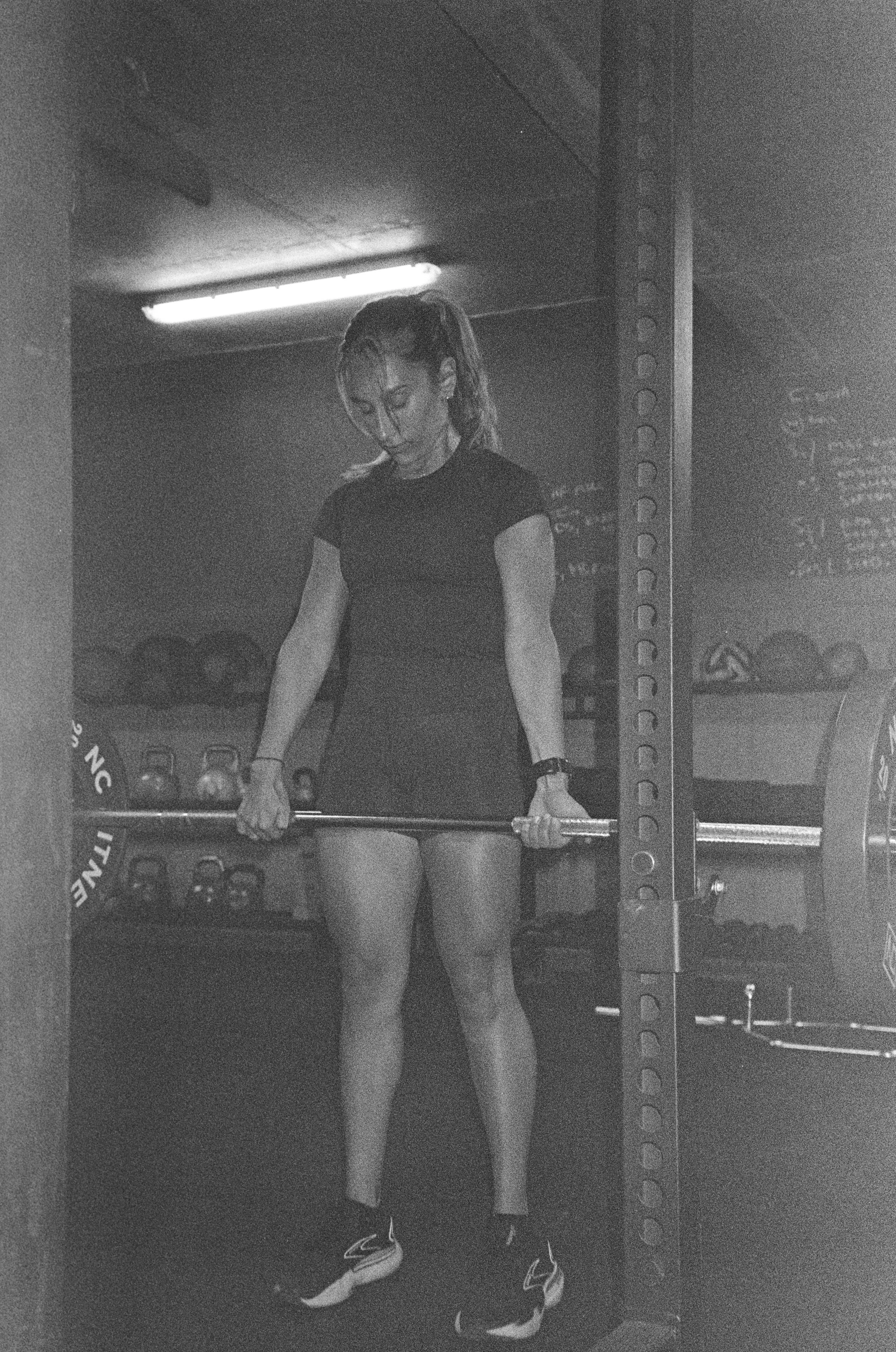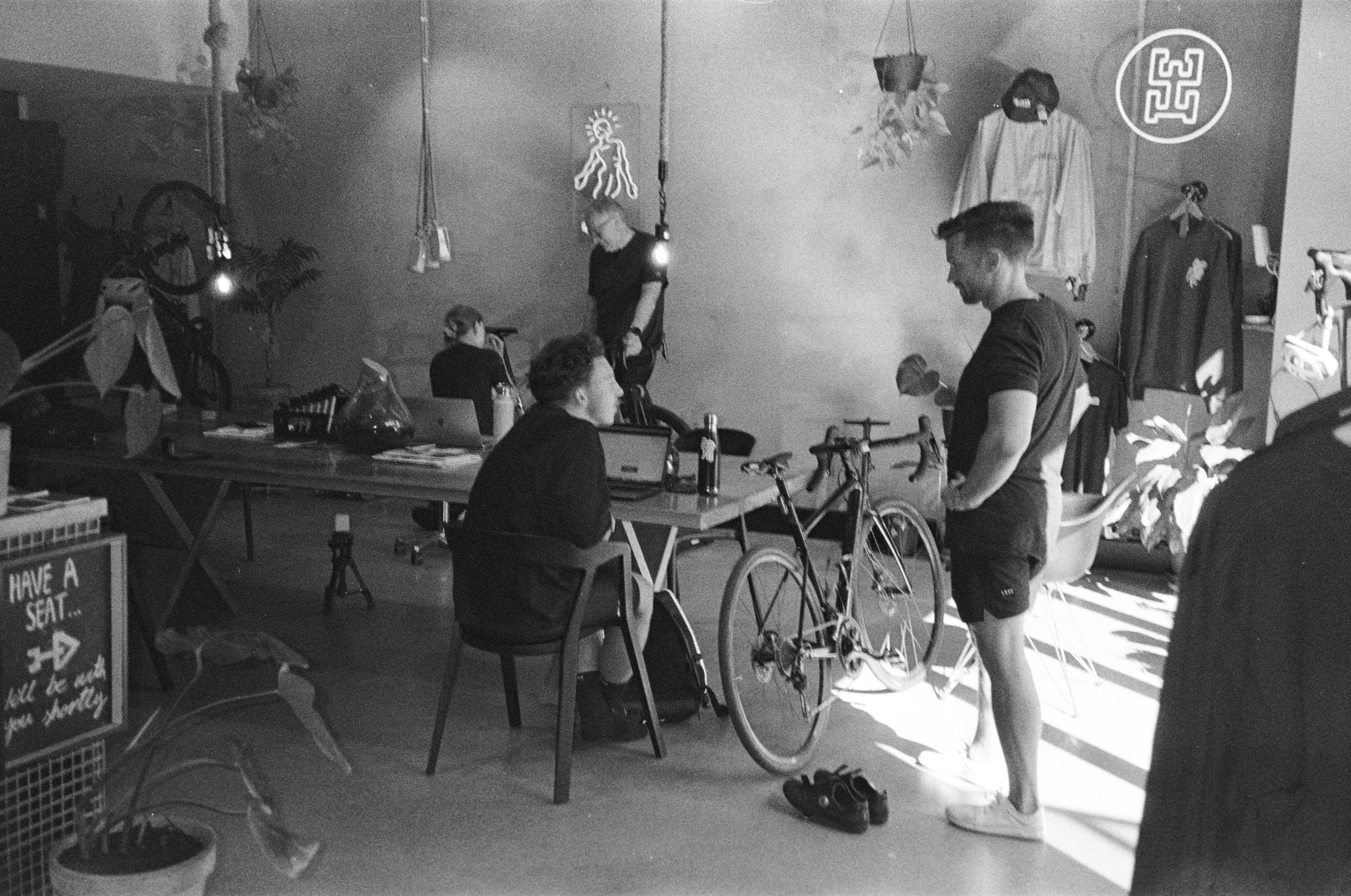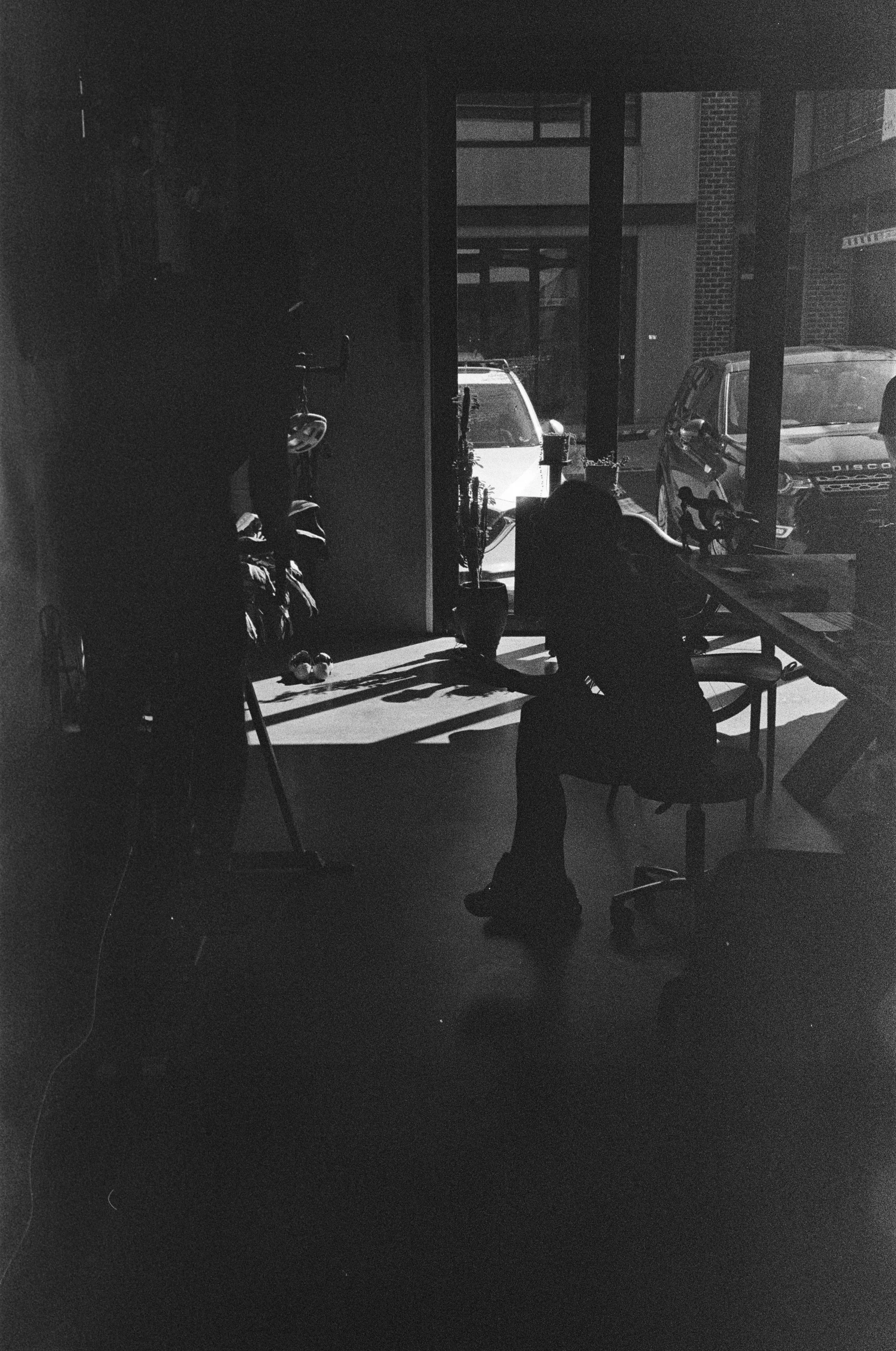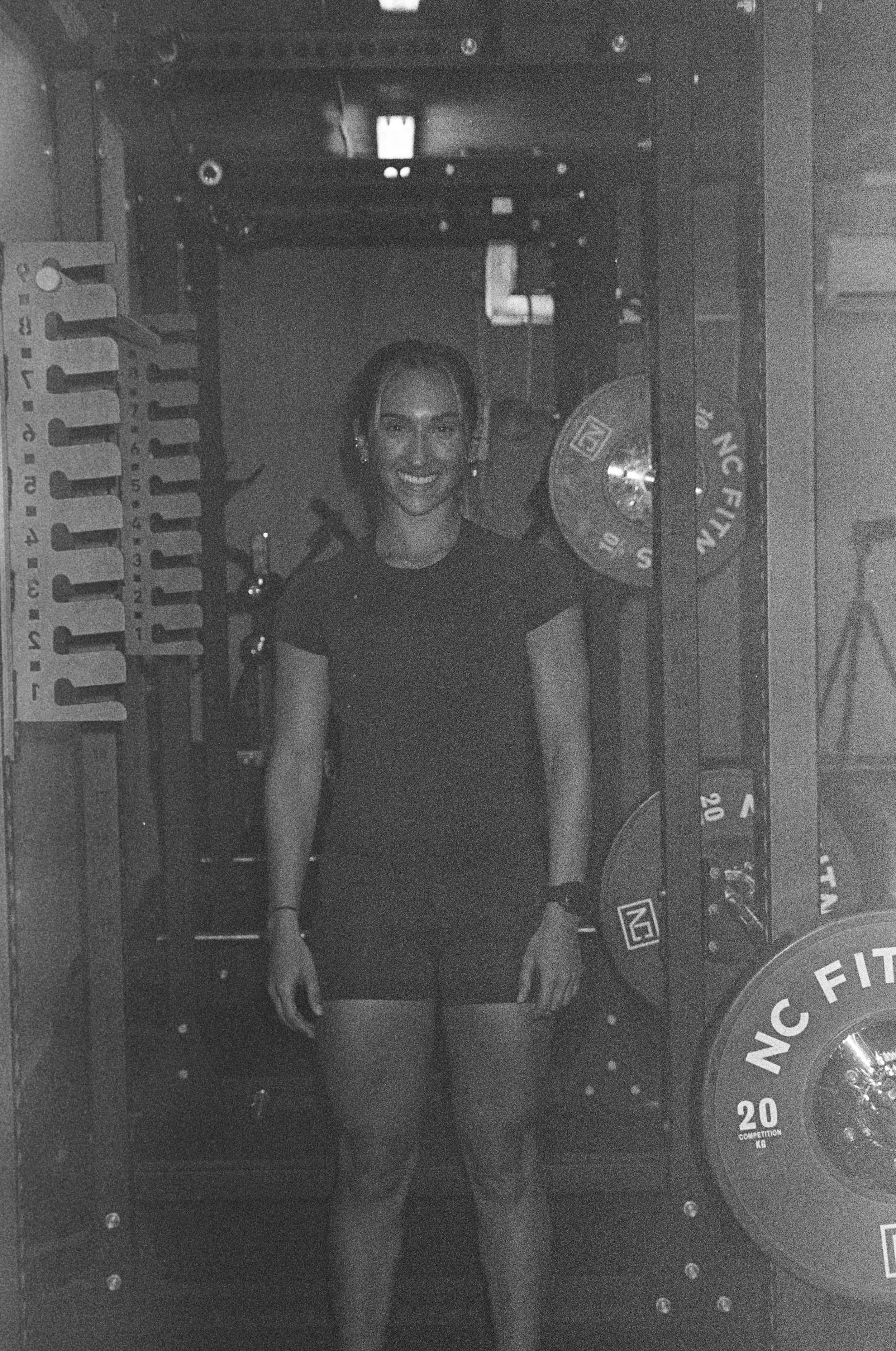ACL Injuries: The Complete Recovery Roadmap by Evolutio
When Your Knee's Most Critical Ligament Gives Way
An ACL tear represents every athlete's worst nightmare - that sudden pop, followed by immediate instability and the sinking realisation that months of rehabilitation lie ahead. Yet here's what we want you to understand: with the right approach, many of our patients return stronger than they were before their injury.
The anterior cruciate ligament sits deep within your knee joint, acting as your knee's primary stabiliser during cutting, pivoting, and jumping movements. When this crucial structure fails, whether through sport or everyday activities, the journey back to full function requires expert guidance and unwavering commitment.
Here at Evolutio Sports Physio Richmond, we've guided hundreds of athletes through successful ACL recoveries. Each rehabilitation programme we design gets tailored specifically to your individual goals, whether that's returning to elite sport or simply being able to chase your children around the park without worry.
Understanding Your ACL Injury: More Than Just a Torn Ligament
The ACL doesn't exist in isolation - it works alongside your PCL, MCL, and various other structures to maintain knee stability. When it tears, the entire biomechanical system of your knee gets disrupted, which explains why recovery involves far more than simply 'fixing' one ligament.
Most ACL injuries occur during non-contact situations: landing awkwardly from a jump, sudden direction changes, or pivoting whilst the foot remains planted. Female athletes face a significantly higher risk due to anatomical differences, hormonal factors, and biomechanical patterns that place additional stress on the ACL.
The decision between surgical reconstruction and conservative management depends on numerous factors: your age, activity level, the presence of other injuries, and most importantly, your personal goals. We work closely with the best orthopaedic surgeons in Melbourne to ensure you receive the most appropriate treatment pathway for your specific situation.
The Four Phases of ACL Recovery: Your Journey Back
Phase 1: Immediate Post-Injury/Surgery Management (0-2 weeks)
We focus this initial phase on managing pain and swelling whilst protecting any surgical repair. Contrary to old-school thinking, early movement within pain-free ranges actually accelerates healing by promoting blood flow and preventing scar tissue formation.
Key objectives we target during this phase include:
Achieving full knee extension (straightening)
Regaining basic quadriceps control
Managing pain and inflammation
Protecting the surgical site (if applicable)
Research from the American Journal of Sports Medicine consistently shows that patients who achieve full extension early in their rehabilitation have significantly better long-term outcomes.
Phase 2: Early Mobilisation and Strength Building (2-6 weeks)
Once initial healing progresses, we shift attention towards rebuilding the foundation of strength and mobility that underpins all future progress. This phase requires patience - pushing too hard, too fast often results in setbacks that ultimately delay your return to activity.
We emphasise proper movement patterns over pure strength during this critical period. Poor movement habits developed early in rehabilitation often persist long after you've returned to sport, setting you up for future problems.
Progressive loading begins with bodyweight exercises before gradually introducing external resistance. Every progression gets carefully monitored by our team to ensure your knee can handle the increased demands without provoking excessive swelling or pain.
Phase 3: Advanced Strengthening and Movement Retraining (6-12 weeks)
This phase represents where many rehabilitation programmes fall short. Simply getting strong isn't enough - you need to retrain your nervous system to protect your knee during dynamic activities. Studies published in Sports Medicine demonstrate that neuromuscular control deficits persist for years after ACL reconstruction if not properly addressed.
Your programme during this phase includes:
Multi-planar strengthening exercises
Plyometric training progressions
Sport-specific movement patterns
Balance and proprioception challenges
Our team uses advanced movement analysis technology to identify subtle compensations that might predispose you to future injury. These assessments ensure that when you do return to sport, you're moving optimally.
Phase 4: Return to Sport Preparation (3-9 months)
We design this final phase to bridge the gap between rehabilitation and full sporting participation. This isn't simply about passing arbitrary strength tests - it's about demonstrating that your knee can handle the unpredictable demands of your chosen activity.
Return-to-sport testing we conduct includes:
Strength testing (≥90% of uninjured limb)
Hop testing battery
Movement quality assessment
Psychological readiness evaluation
Sport-specific skill testing
Current research indicates that athletes who complete comprehensive return-to-sport testing have significantly lower re-injury rates compared to those who return based on time alone.
Conservative vs. Surgical Management: Making the Right Choice
Not every ACL tear requires surgery. Research suggests that up to 30% of patients can return to their previous activity level through targeted rehabilitation alone. However, this approach isn't suitable for everyone.
Conservative management works best for:
Recreational athletes willing to modify their activities
Individuals with partial tears and good stability
Those who can adapt their sporting participation
Patients with medical contraindications to surgery
We have extensive experience managing both conservative and post-surgical rehabilitation. Our approach ensures that regardless of your treatment pathway, you receive evidence-based care tailored to your specific needs.
The Psychology of ACL Recovery: Your Mental Game Matters
Physical rehabilitation represents only part of the ACL recovery equation. Fear of re-injury, loss of confidence, and psychological distress significantly impact both your rehabilitation progress and your ability to return to sport successfully.
Research from the British Journal of Sports Medicine shows that psychological factors are stronger predictors of return-to-sport success than traditional physical measures. Athletes who don't address these mental aspects often struggle with performance anxiety and movement hesitancy long after their knee has physically healed.
We integrate psychological support throughout our rehabilitation programmes. This might include:
Graduated exposure to feared movements
Confidence-building exercises
Stress management techniques
Goal-setting strategies
“Approximately 15-20% of athletes who return to sport will suffer another ACL injury within two years. However, targeted prevention programmes can reduce this risk by up to 70%”
Preventing Future ACL Injuries: Your Insurance Policy
Perhaps the most sobering statistic in ACL research is the re-injury rate: approximately 15-20% of athletes who return to sport will suffer another ACL injury within two years. However, targeted prevention programmes can reduce this risk by up to 70%.
The FIFA 11+ programme represents one of the most researched injury prevention protocols. When implemented correctly, it significantly reduces ACL injury rates across various sports.
Key prevention strategies we teach include:
Maintaining optimal strength ratios between muscle groups
Practising proper landing and cutting techniques
Regular movement quality assessments
Ongoing neuromuscular training
We provide long-term support to help you maintain the gains achieved during rehabilitation whilst minimising your risk of future problems.
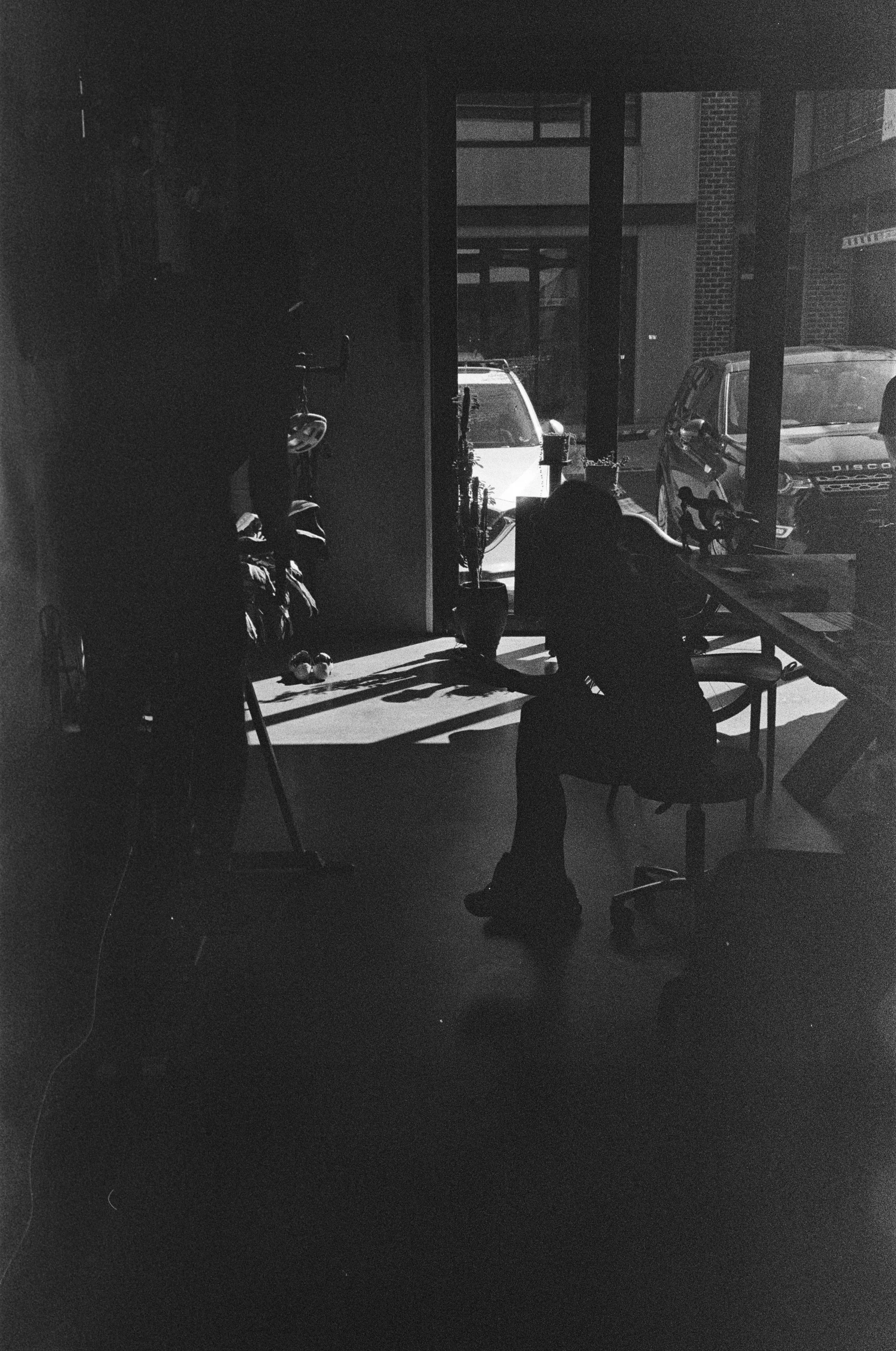
When to Seek Professional Help
ACL injuries are complex, and attempting to self-manage your rehabilitation significantly increases your risk of complications. Early intervention by qualified professionals can mean the difference between a successful return to sport and a lifetime of ongoing problems.
You should seek immediate professional assessment if you experience:
Sudden onset knee pain with a 'pop'
Immediate swelling following injury
Feeling of instability or 'giving way'
Inability to continue activity
Significant pain with weight-bearing
Even if you've been managing your injury independently, professional guidance becomes essential when:
Progress plateaus or regresses
Pain persists beyond expected timeframes
You're preparing to return to sport
Movement patterns don't feel 'normal'
We offer comprehensive assessment and treatment services for all stages of ACL recovery. Our evidence-based approach ensures you receive the most effective treatment available.
Frequently Asked Questions
How long does ACL recovery take?
Timeline varies significantly based on several factors: surgical vs. conservative management, your goals, compliance with rehabilitation, and presence of other injuries. Generally, return to sport ranges from 6-12 months post-surgery, though some athletes require longer. We provide realistic timelines based on your specific circumstances rather than generic estimates.
Can I return to sport without ACL surgery?
Yes, some individuals successfully return to sport through targeted rehabilitation alone. This approach works best for recreational athletes willing to modify their activities and those with good quadriceps strength and knee stability. However, professional assessment with us is essential to determine if you're a suitable candidate for conservative management.
What's the difference between ACL repair and reconstruction?
ACL repair involves suturing the torn ligament back together, whilst reconstruction replaces the entire ligament with a graft (usually from your hamstring or patellar tendon). Reconstruction is more common because repair often fails in the long term. Your orthopaedic surgeon will recommend the most appropriate option based on your injury pattern and individual factors.
Will my knee ever feel completely normal again?
Most of our patients regain excellent function following appropriate rehabilitation, though some report subtle differences compared to their uninjured knee. Research published in Knee Surgery, Sports Traumatology, Arthroscopy shows that comprehensive rehabilitation programmes significantly improve patient satisfaction and functional outcomes. We focus on optimising function to minimise any long-term limitations.
Should I be concerned about developing arthritis?
ACL injuries do increase your risk of developing knee arthritis later in life, regardless of whether you have surgery. However, this risk gets significantly reduced through proper rehabilitation that addresses muscle strength, movement patterns, and joint mechanics. Long-term studies suggest that individuals who complete comprehensive rehabilitation have lower rates of arthritis development.
When can I start running again?
Running typically begins around 12-16 weeks post-surgery, though this varies based on your progress through specific milestones. You must demonstrate adequate quadriceps strength, good knee control, and absence of significant swelling before progressing to impact activities. We use objective testing to determine when you're ready for each progression.
What happens if I don't rehabilitate properly?
Inadequate rehabilitation significantly increases your risk of re-injury, persistent instability, and early-onset arthritis. Poor movement patterns developed during recovery often persist long-term, affecting your performance and injury risk in other areas. Evidence consistently shows that comprehensive rehabilitation is crucial for optimal outcomes regardless of your treatment pathway.
Can I prevent future ACL injuries?
Yes, targeted prevention programmes can reduce ACL injury risk by up to 70%. These programmes focus on proper movement mechanics, strength training, and neuromuscular control. The FIFA 11+ programme represents one of the most effective prevention strategies when implemented correctly.
How do I know if I'm ready to return to sport?
Return-to-sport decisions should never be based on time alone. You must pass comprehensive testing that includes strength assessments, movement quality evaluation, psychological readiness, and sport-specific skills testing. Research indicates that athletes who complete proper testing have significantly lower re-injury rates.
What role does nutrition play in ACL recovery?
Proper nutrition supports healing and recovery throughout your rehabilitation journey. Adequate protein intake helps rebuild muscle tissue, whilst anti-inflammatory foods can help manage swelling. Studies suggest that specific nutrients like vitamin C, vitamin D, and omega-3 fatty acids may support tendon and ligament healing.
Should I wear a brace when I return to sport?
Bracing decisions depend on multiple factors including your sport, position, knee stability, and personal preference. Current evidence suggests that braces may provide some protection during high-risk activities, though they're not a substitute for proper rehabilitation. We can help you make an informed decision about bracing based on your specific circumstances.
What's the most important factor for successful recovery?
Compliance with your rehabilitation programme represents the single most important factor determining your outcome. This includes attending appointments, completing home exercises, and progressing appropriately through each phase of recovery. Research consistently demonstrates that patients who actively engage in their rehabilitation achieve significantly better outcomes than those who take a passive approach.
For comprehensive ACL assessment and rehabilitation in Richmond, contact us at Evolutio Sports Physio Richmond. Our evidence-based approach ensures you receive the highest standard of care throughout your recovery journey.

